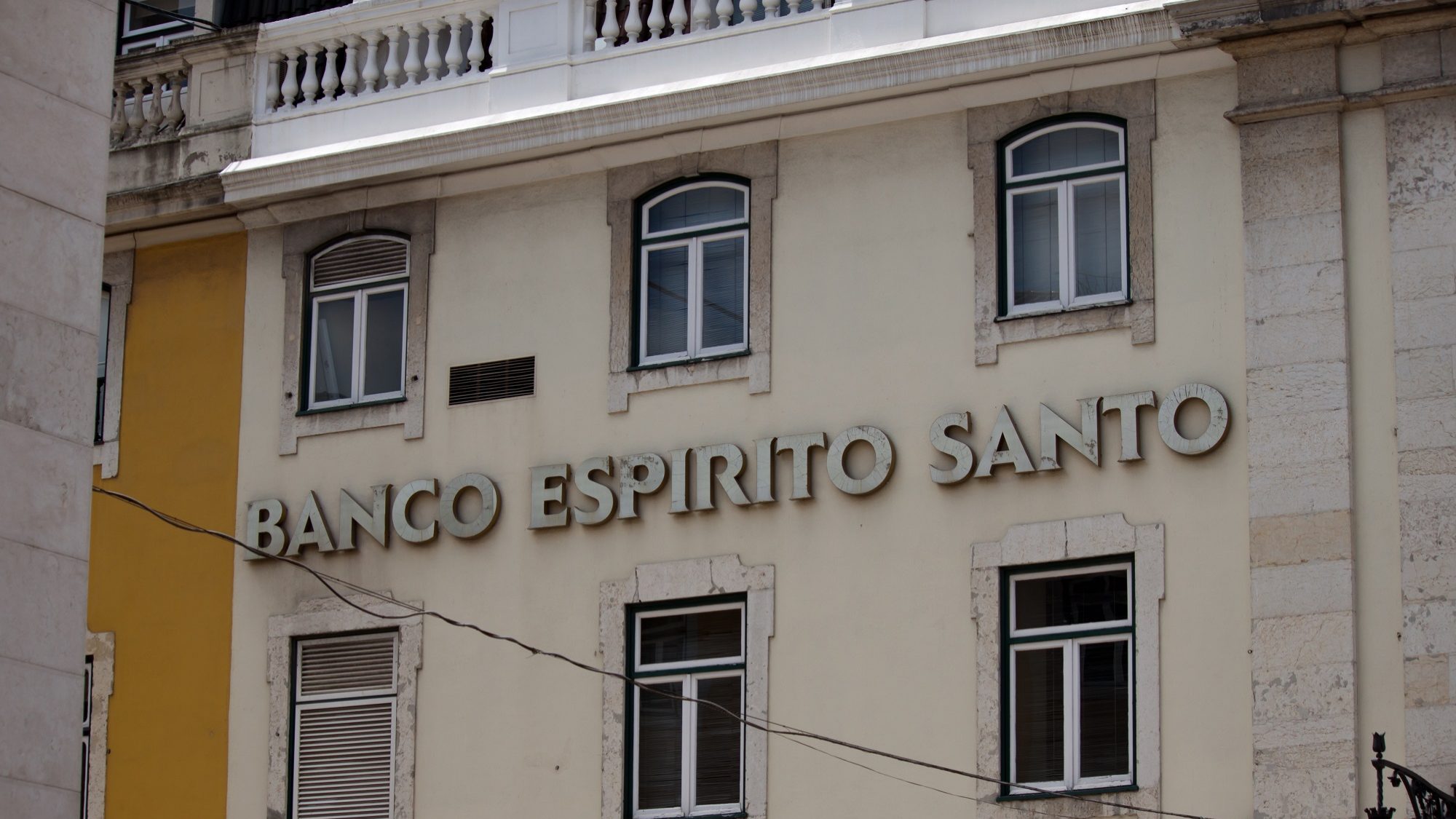Commission considers Portuguese recovery plan ‘ambitious’
The European Commission said that Portugal's Recovery and Resilience Plan (RRP) respect the objectives of the climate and digital transitions and has strong control mechanisms.
The European Commission said that the Recovery and Resilience Plan (RRP) submitted by Portugal is “ambitious and robust”, respects the objectives of the climate and digital transitions and has strong control mechanisms.
This assessment is contained in a technical opinion prepared by the Brussels services. It will serve as a basis for the recommendation to the European Council for the approval of the Portuguese RRP, the first that was submitted to the Commission on April 22.
This morning in Lisbon, the European Commission president, Ursula von der Leyen, will personally give the prime minister, António Costa, the result of the analysis of Portugal’s RRP under the Next Generation EU the recovery programme of the European Union.
A diplomatic source told Lusa that, from this analysis of the programme presented by the Portuguese government, it is considered that there is “a consistent strategic vision throughout the plan,” including “an ambitious package of reforms and investments to address the country’s vulnerabilities to external shocks and to strengthen its economic, institutional and social resilience.
“Reforms that remove institutional constraints and promote competition, together with significant investments in active labour market policies, research, innovation and digitalisation, target the root causes of the identified challenges and are expected to boost the country’s competitiveness and productivity,” it said in a technical appraisal summary text from Brussels seen by Lusa.
In general terms, the European Commission’s services believe that the Portuguese RRP, if well implemented, may contribute to increasing the country’s productive potential in the coming years.
According to Brussels, the aspects related to economic cohesion, productivity and competitiveness “are directly covered by almost all components of the plan, addressing several interrelated challenges. Significant investments are introduced to boost research and innovation”.
Still, on the subject of reforms, the European Commission’s summary technical opinion added that the proposed reforms “remove institutional constraints and promote competition, together with significant investments in active labour market policies, research, innovation and digitalisation”.
According to a diplomatic source, the European Commission believes that the Portuguese RRP will increase social and territorial cohesion and ensure compliance with the targets on climate and digital transition.
“Reforms and investments are expected to make a significant contribution to advancing Portugal’s decarbonisation and energy transition objectives, as defined in the National Energy and Climate Plan 2030 (PNEC 2030) and the 2050 Carbon Neutrality Roadmap. Furthermore, implementing these proposed measures is also expected to have a lasting impact by contributing to the green transition and the increase of biodiversity and environmental protection,” reads the text.
Brussels points out that “in total, 14 components contain measures that contribute to the goal with a broad and cross-cutting approach at the level of the digital transition.”
“It is also worth noting that, according to the diplomatic source, the assessment of the Commission’s assessment of the measures is to be carried out by the European Commission.”
Also, according to the diplomatic source, from the appreciation of the document presented by the Portuguese government, it can be concluded that the Portuguese RRP has strong control mechanisms.
“The plan was subject to extensive debate, formal public consultations and thematic seminars attended by members of the government. As a result, the provisions proposed in the RRP and the additional measures contained in this decision are adequate (rating A) to prevent, detect and correct corruption, fraud and conflicts of interest in the use of the funds made available,” they say.
The European Commission services said, “the provisions are expected to effectively prevent double funding under that regulation and other Union programmes.”
“The internal control system described in the plan is based on robust processes and structures and clearly identifies the actors involved,” it adds.
The president of the Brussels executive should arrive at 11:30 am at the Ciência Viva Centre, at the Pavilhão do Conhecimento, one of the projects to be funded through the RRP and, after visiting the centre, meet with António Costa.
At the end of the meeting, at 13:15, the two will hold a joint press conference.
From Lisbon, Ursula von der Leyen will head to Spain later today and then to Greece and Denmark, where she will be on Thursday and Luxembourg on Friday.
Portugal, which was the first member state to formally submit the RRP to Brussels in April – which provides for projects worth €16.6 billion, of which €13.9 billion are non-repayable grants – hopes that the Council will still be able to adopt the first plans during its presidency, which ends at the end of June.


